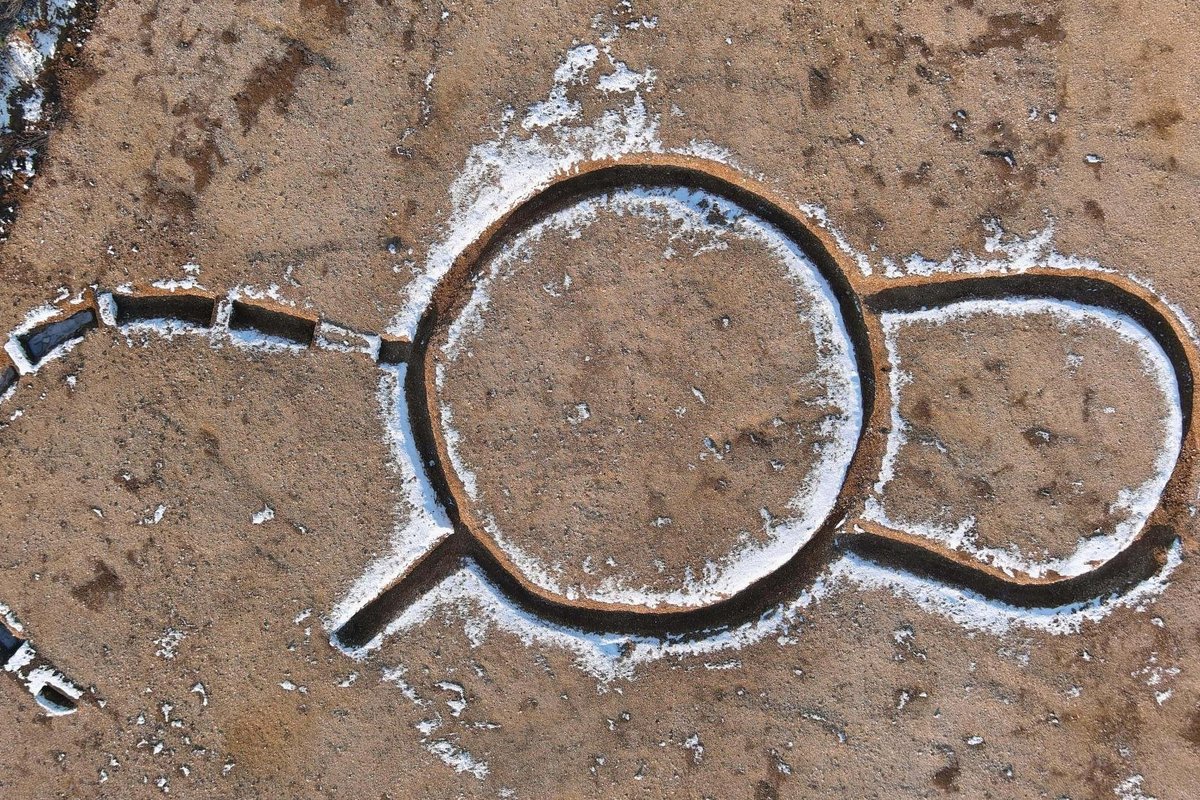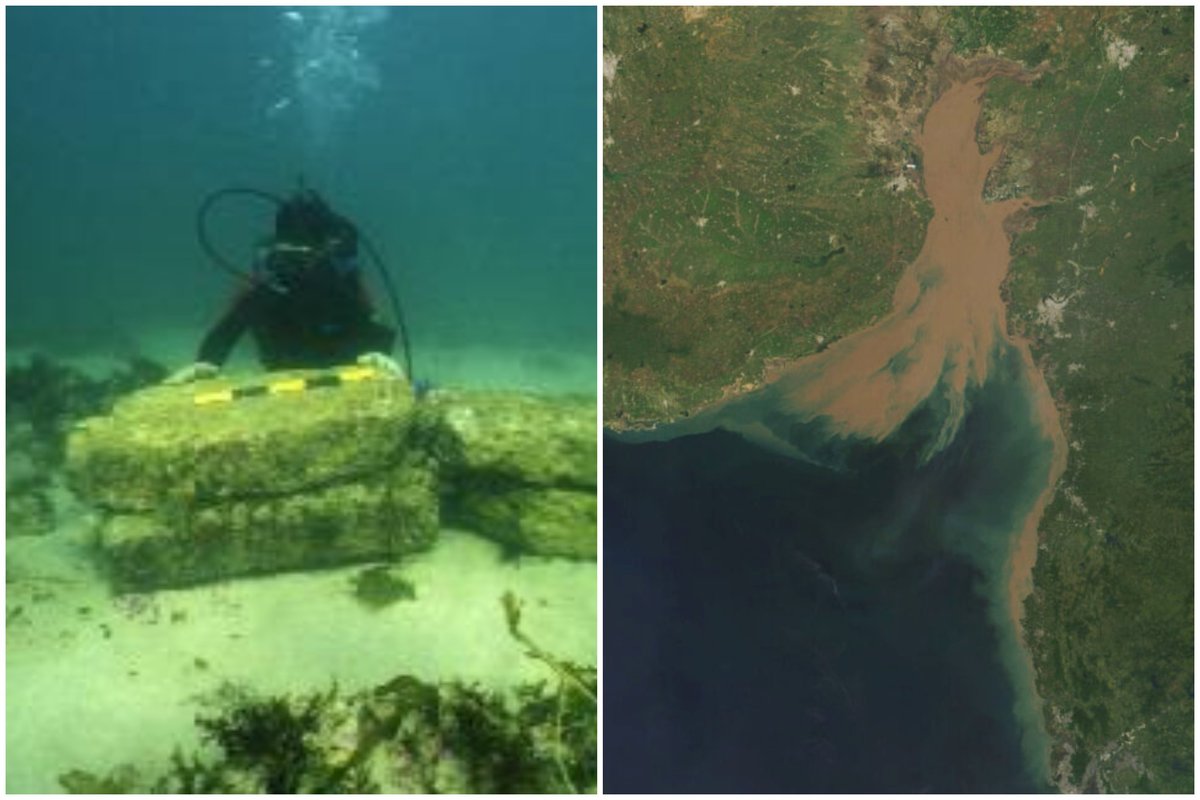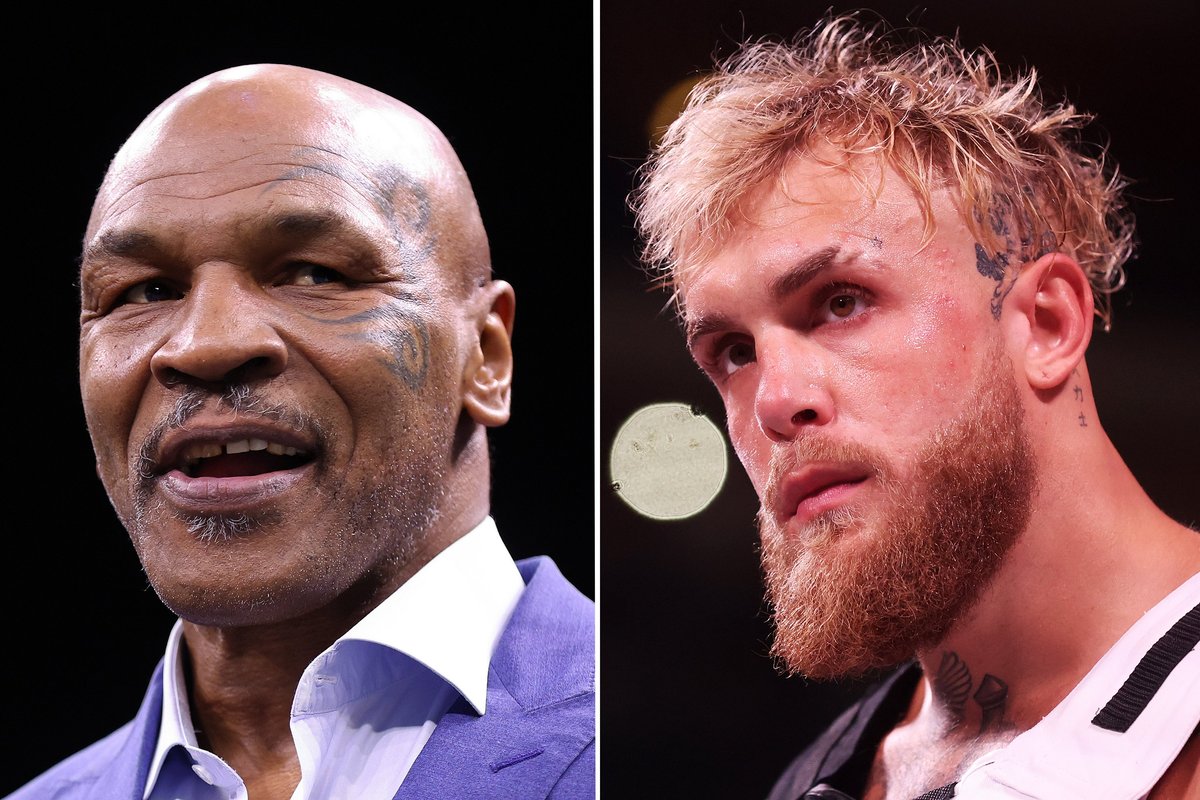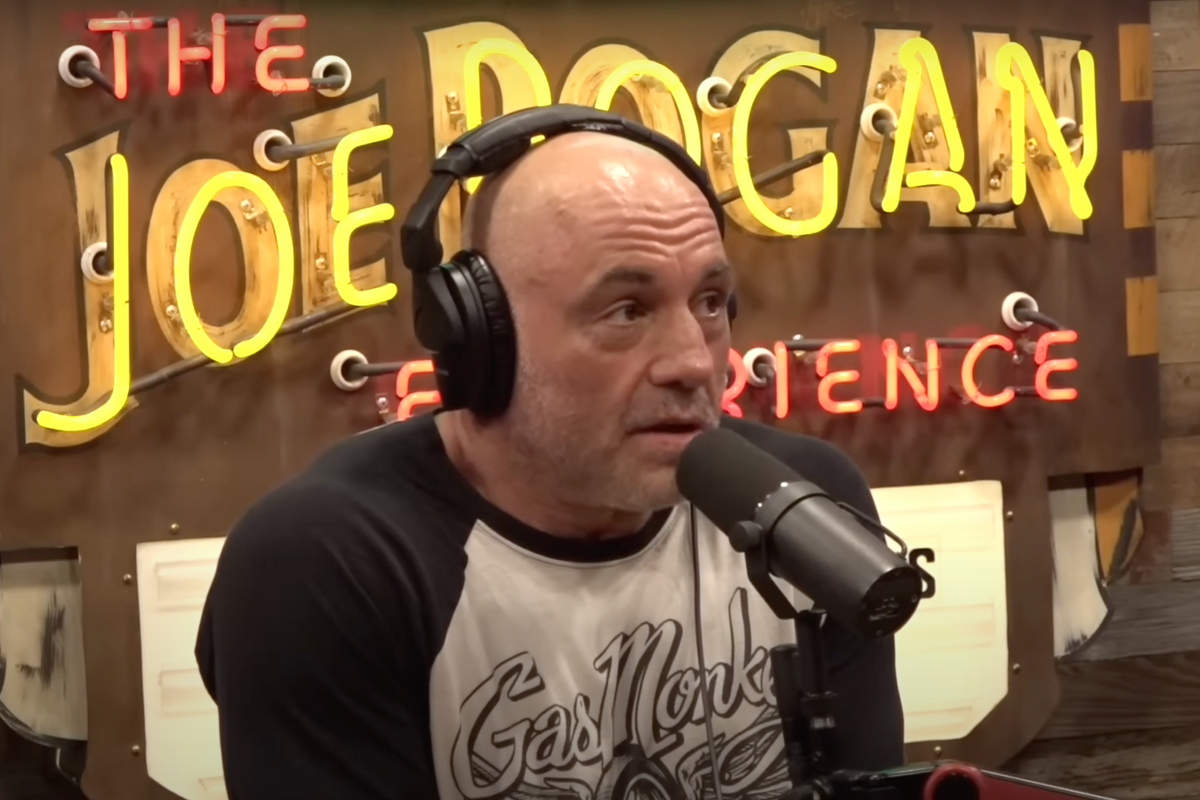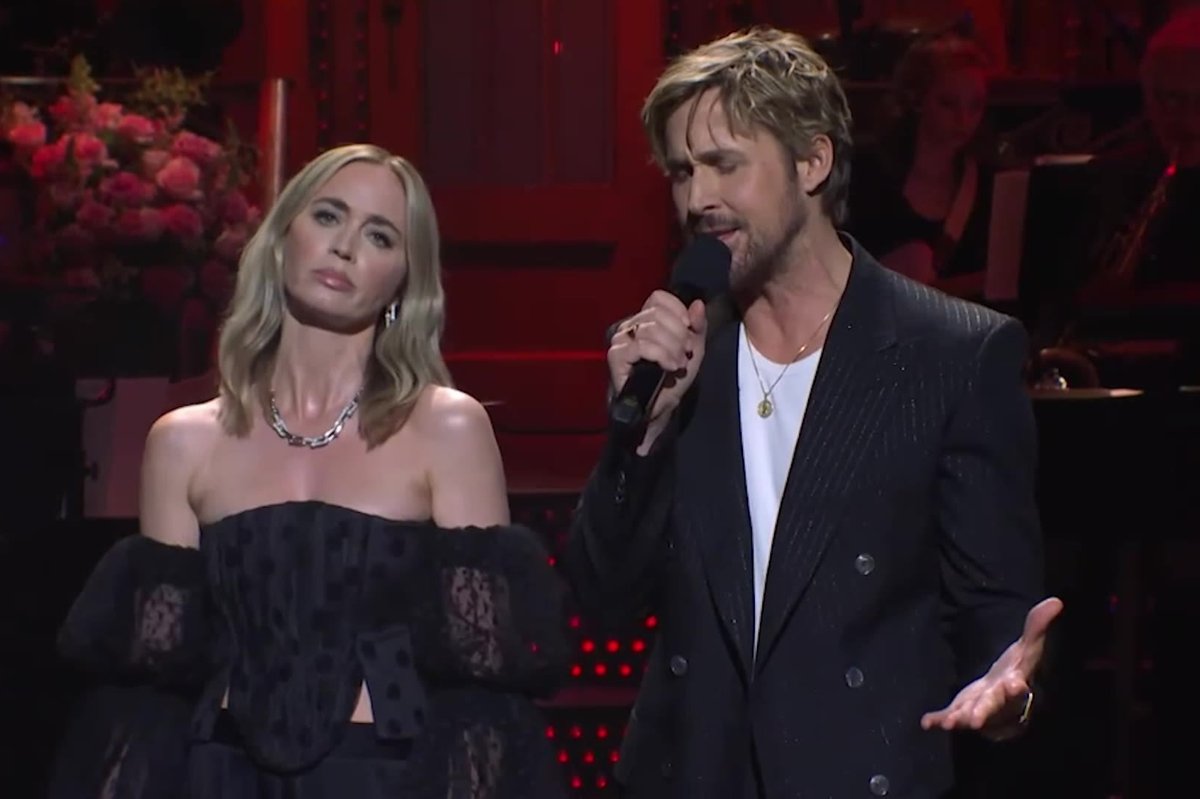Celebrities
Louis Staples
Apr 15, 2020
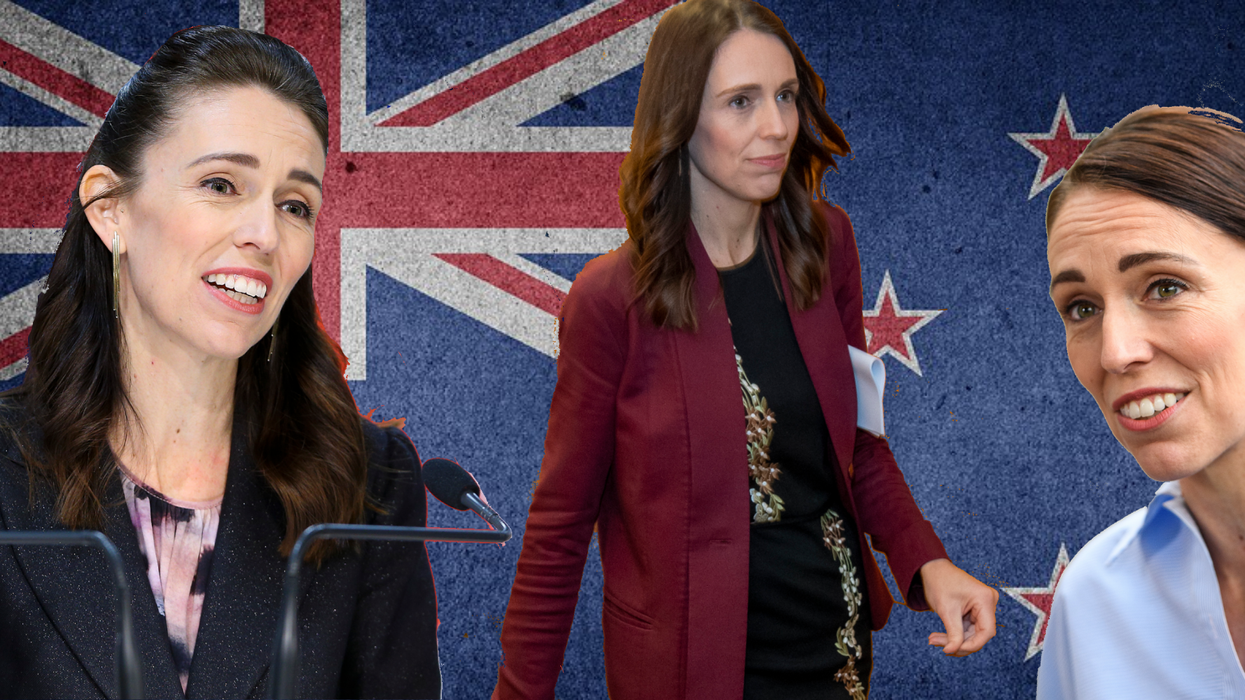
Getty/indy100
With devastating effects on our health, daily lives and livelihoods, the coronavirus pandemic has proven an enormous challenge for everyone.
But the crisis has also exposed varying degrees of competency among our world leaders when faced with a global emergency.
And there’s one leader who, by all accounts, has shone in these unprecedented times: New Zealand’s prime minister Jacinda Ardern.
Amidst the pandemic, Ardern successfully navigated a general election and took a 20 per cent pay cut in solidarity with New Zealand’s workforce. At the time of writing, there have been 25 recorded deaths from coronavirus in the country and just 2,121 confirmed cases.
While New Zealand’s population is smaller than countries like the UK and USA, whose totals are much higher, these figures are still extremely low. Ireland, a country with a similar population, has recorded more than 80,000 cases and 2,000 deaths.
It’s also been impressive to see the manner in which Ardern has calmly guided her country through the crisis so far.
This isn’t the first time she has impressed the rest of the world with her composure and compassion. We already saw that she had the ability to approach tragedy with empathy, consistency and kindness in the aftermath of 2019’s horrific Mosque shooting in Christchurch.
So here are seven lessons that other world leaders might want to learn from Ardern’s approach to tackling the coronavirus crisis…
1. Act decisively before things get really bad
As coronavirus spread across the world, Ardern’s message to New Zealand was simple: “We go hard, we go early.”
From the beginning, Ardern stated that New Zealand had a “the window of opportunity” to minimise the harm caused by the virus. This window was missed in other countries, including the UK, where it's often felt very much like the government is playing catch up, rather than taking the lead.
The perception that politicians don't know what they are doing, no matter how true that might be, can be unsettling and cause tensions to arise between the government and the public. New Zealand actually went into “lockdown” before the UK, despite recording far fewer cases at the time and having zero recorded deaths. Rather than wait for the worst to come, Ardern acted fast.
2. Show your human side
It’s important during a time of crisis that people feel like their leader is a person who understands them.
Ardern has clearly spelled out how tough this will be on everyone emotionally (in a similar approach to Scotland’s first minister Nicola Sturgeon, which has been great to see). She even reassured children by confirming that the Easter bunny and tooth fairy are “key workers”.
Trump, on the other hand, recently used a press briefing to attack reporters and show a “propaganda video”. In the UK, Priti Patel was mocked and criticised for giving a classic “non-apology” for a lack of protective equipment for NHS staff.
3. Be consistent
Arden has kept her messaging clear and consistent. She hasn't been mixing her words or confusing people about whether it’s OK to go to the park (unlike the UK government). She’s not muddled between a seven and 14 day quarantine (again, unlike the UK) and she’s not changed strategy altogether at any point (and again, unlike the UK).
4. Don’t downplay potentially dangerous situations
Ardern has been open and honest that coronavirus requires some of the biggest “restriction of movement in modern history”. She’s treated people like adults, saying that the government “will do all it can to protect you”, while urging people to follow the guidelines.
Trump consistently downplayed coronavirus when it first came to America, even saying one day it'll just "disappear". Brazil's president Jair Bolsonaro has also downplayed the problem, to the extent that criminal gangs are enforcing lockdown in the absence of government intervention.
5. Follow what works
World leaders across the world have talked a big talk around testing. The UK and the US have both been incredibly slow off the mark when it comes to testing people (rather than just talking about it).
Rapid testing has been credited with “flattening the curve” in countries such as South Korea and Taiwan, so that’s the approach New Zealand has taken.
On 8 April it was revealed that New Zealand had recorded its lowest number of new transmissions in a two-week period after testing a record number of people.
6. Practice what you preach
It sounds basic, but all of Ardern's press briefings have been conducted adhering to her own guidelines, as her behaviour (that we know about) since the crisis began.
Meanwhile it’s become commonplace for Trump to conduct his press briefings surrounded by people (including his most recent highly publicised meltdown). The UK government’s press briefings were also conducted in close proximity until just days before Boris Johnson was hospitalised with Covid-19.
The British PM also famously said that he'd still been shaking hands with people and implied he would consider visiting his mum on Mother's Day, despite telling others not to. MPs were also criticised when parliament's weekly PMQs went ahead less than 24 hours after Nadine Dorries became the first MP to test positive.
Ardern also acted decisively to demote a health minister who flouted her government’s social distancing measures, whereas acting PM Dominic Raab was criticised for appearing not to discipline housing minister Robert Jenrick for visiting his parents during lockdown.
7. Emphasise kindness
At a press briefing last week, Ardern told the nation: “Be strong and be kind.” She’s also smiled throughout her press briefings, proving that you don’t need to be sombre to get people to listen to you if you’re confident in your plans.
When asked if she was scared by the challenges ahead, she replied: “No,” she said. “Because we have a plan.”
8. Face up to tough decisions
In August, Ardern took the difficult decision to postpone New Zealand’s general election. It was supposed to happen on 19 September but went ahead on 17 October because of an outbreak of the virus in Auckland. Her opposition was in agreement that this was the right course of action.
Ardern won the election and may have helped to limit the further spread of coronavirus by acting quickly. People didn’t have to mingle at poll booths or on the campaign trail. The election was run efficiently and without hiccup: it probably helped that no-one in government tried to sabotage it with conspiracy theories about voter fraud.
9. Tell the truth
Trump tried to frame the minor outbreak of coronavirus in New Zealand around the time of their election as a catastrophe. He also seemed to take Ardern’s success in combating it personally, saying:
“Do you see what’s happening in New Zealand? They beat it, they beat it, it was like front-page news because they wanted to show me something.
Big surge in New Zealand, you know it’s terrible, we don’t want that, but this is an invisible enemy that should never have been let to come to Europe and the rest of the world by China.”
Ardern set the record straight. She told reporters that Trump’s remarks were “patently wrong” and that there’s “no comparison” between the two countries’ responses to the pandemic.
Today, the US has recorded more than 18M cases of coronavirus: more than anywhere else in the world.
New Zealand now plans to vaccinate their entire population and anyone from surrounding nations who wants one. Their “new normal” is imminent: not least because Ardern helped to get the virus under control when it really counted.
Top 100
The Conversation (0)
x





